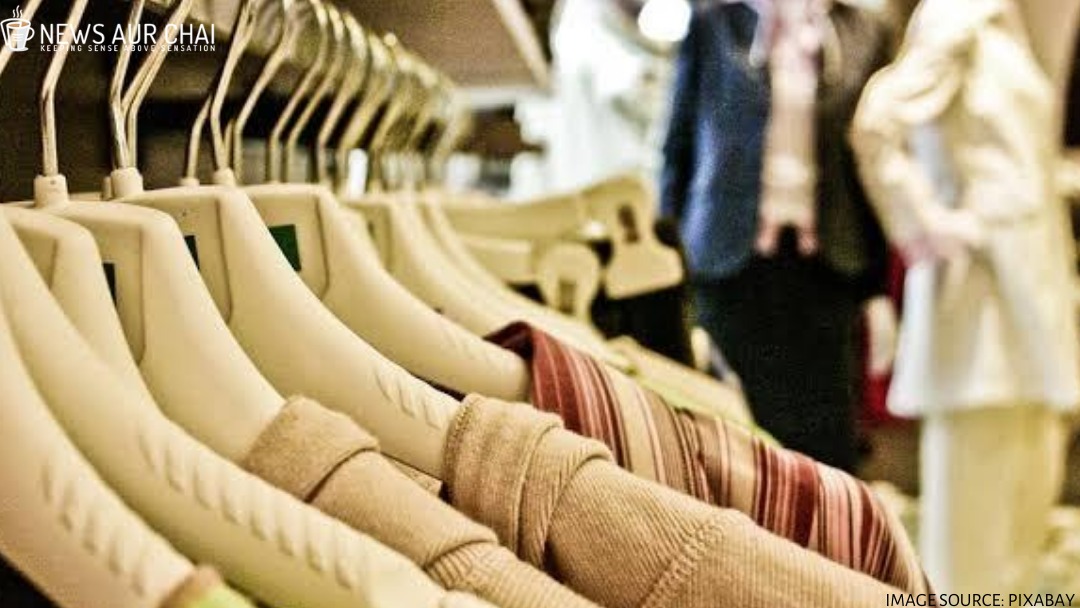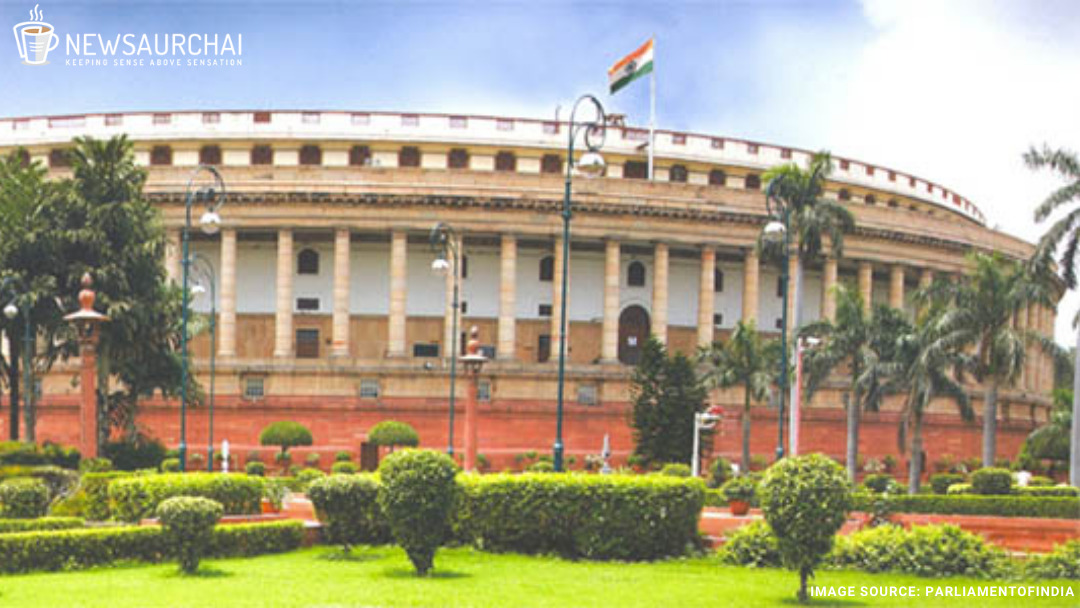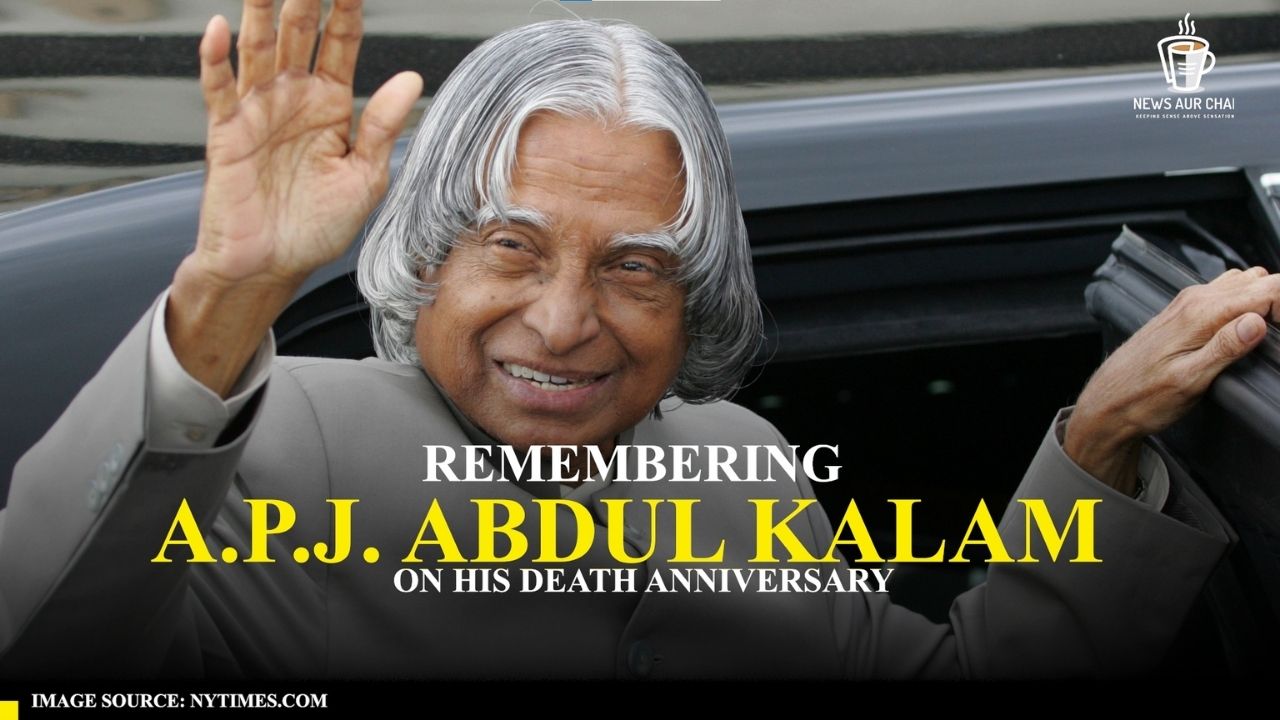
The world of fashion is always intriguing with its emerging trends and fads. One cannot help but get maneuvered with the industry’s intricacy and functionality and how efficiently ephemeral trends can persuade the whole world to its league. However, as buyers of these transient trends, we are bestowed with much more responsibilities of not only expediting the fashion conglomerate to discover the horizons but also apprehend the practices behind it. Being on the receiving end, a customer also becomes a crusader for change. Likewise, the trend of sustainable fashion assuaged in response to the woke customers demand is being beleaguered with — Greenwashing.
Greenwashing is a disparaging terminology employed to define a marketing strategy steered at selling a business, company, or brand, with an ethical or environment-friendly image. The term “greenwashing” was neologised in the 1980s by environmentalist Jay Westerveld “to describe companies which grossly overstate the environmental or ethical benefits of their products and services.”
Moreover, when observed closely to its motivation — the aim appears to be hypocritical. However, one cannot accuse businesses of Greenwashing as the consumer’s conceptualisation of sustainability and their ideal social self-image could also be a determinant. We often overlook the role we play in ascertaining any trend that takes over our wardrobe.
Greenwashing as much as it is an ethical paint to make the industry impersonate greenery and sustainable in its approach, it is equally our understanding, involvement and commitment to examine the ethical practices undertaken by the global fashion supply chain. As the words such as “sustainability” “environment-friendly” “social justice” are much in vogue, the brand often professes to abide by the aforementioned ethical practices as a PR strategy. It might overwhelm you, but we usually buy such arrangements and fall for such schemes. The compassion which outpours while coming handy of environmentally inclined brands is a successful business-savvy tactic to entice our thoughtfulness.
More often than not, we tend to forgo any further inquiry to establish a check and balance for companies or brands proclaiming to be adhering to sustainable norms. One of the many reasons for brands going around labelling themselves as environmentally and socially conscious is because of the shortage of nuance and proper awareness of environmental terms such as “ethical” and “sustainable“.
Greenwashing, hence, is a ‘mask’ of sustainability to cover corporate agendas and policies. Nevertheless, such unsustainable practices can be checked by dedicating the entire production chain in minimising environmental impacts and its carbon footprint.
There are also many instances of campaigns being run by companies or brands envisioning sustainable change in the fashion industry. One such campaign ran by the crusaders of sustainability in the 1980s and 1990s on anti-fur movement. However, it was only recently that brands, namely Gucci, Michael Kors, and Giorgio Armani entered the Fur Free Alliance (Fur Free Alliance 2019) and restricted the use of any fur in their collections. Furthermore, the latest joiner of the Fur Free Alliance is Chanel which banned the use of furs and exotic leathers. Yet, the legitimacy of such campaigns and alliances should often be enquired.
Though Greenwashing is not new, the term has gained relevance only in recent years to meet consumer demand for environmentally friendly goods and services. There are regulatory agencies such as the Competition Bureau in Canada, the Federal Trade Commission in the United States, and the Committee of Advertising Practice and the Broadcast Committee of Advertising Practice in the United Kingdom to keep a check on the “green” agenda run by the corporate world. As much as we need campaigns and crusades for sustainable change in the world of fashion, we also need to specify our role in this change, for only then we will be able to distinguish the real from the reel.






One Comment